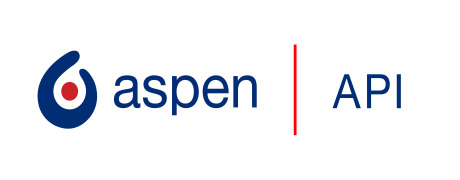Whitepaper
13 Jan 2023
Endocrine-disrupting pharmaceuticals in the environment

PDF 10.5 MB
Content provided by our supplier
Aspen API

-
NL
-
2015On CPHI since
-
4Certificates
-
500 - 999Employees
Company types
Other Content from Aspen API (2)
-
Sponsored Content Aspen API’s Green answer to peptide synthesis
Our Green Continuous Liquid Phase Peptide Synthesis (GC-LPPS) combines the advantages of the classical solution-phase synthesis with the solid-phase approach. -
News CPHI Trend Report - Sustainability in Pharma
While in the past, much of the discussion around sustainability in the pharmaceutical industry rightly focused on efforts to minimize the environmental impact of drug production, the needle has now shifted. There are signs that companies not only understand that it represents one of the world’s biggest challenges moving forward, but also that they are starting to incorporate sustainability practices into a much broader suite of operations.
Position your company at the heart of the global Pharma industry with a CPHI Online membership
-
Your products and solutions visible to thousands of visitors within the largest Pharma marketplace
-
Generate high-quality, engaged leads for your business, all year round
-
Promote your business as the industry’s thought-leader by hosting your reports, brochures and videos within your profile
-
Your company’s profile boosted at all participating CPHI events
-
An easy-to-use platform with a detailed dashboard showing your leads and performance





